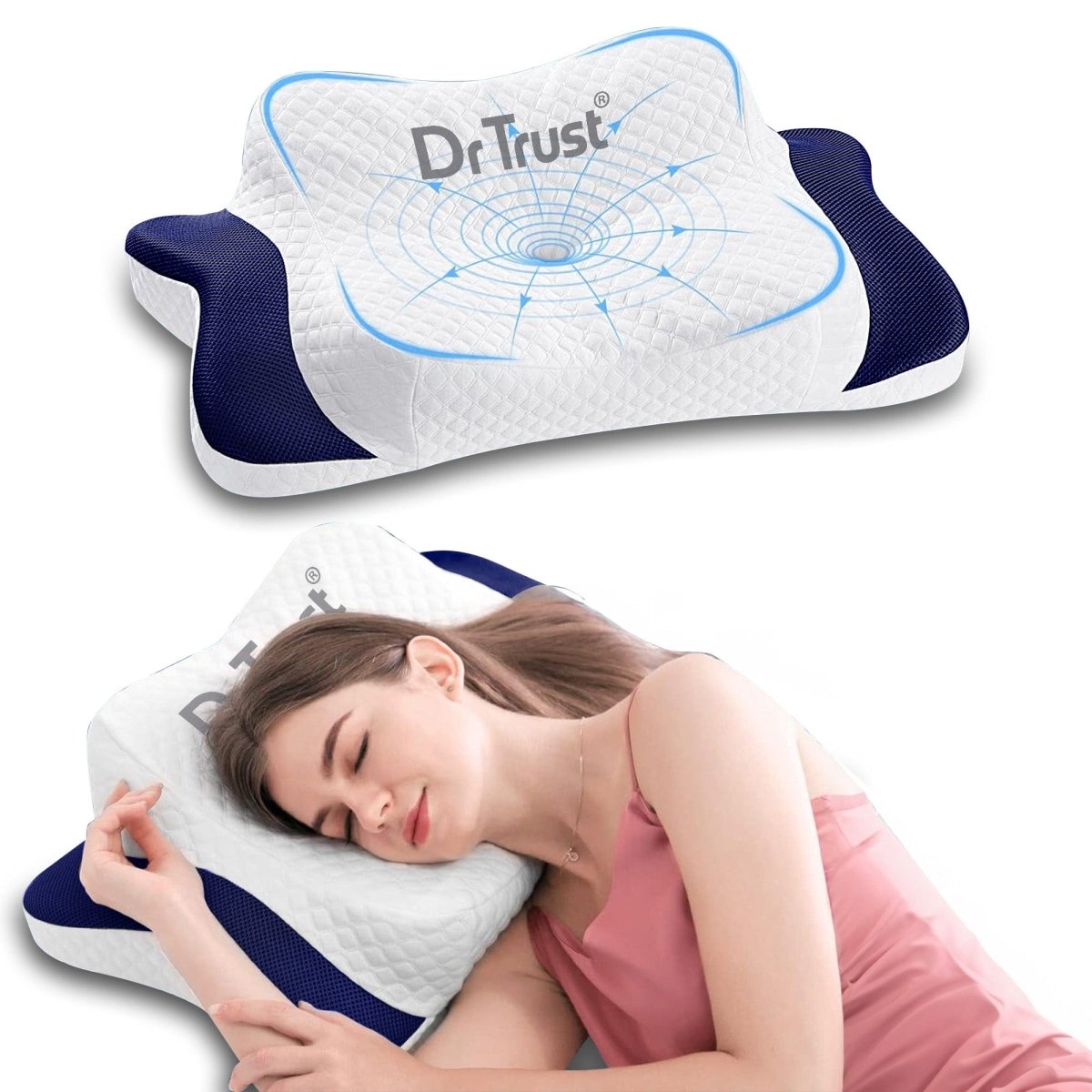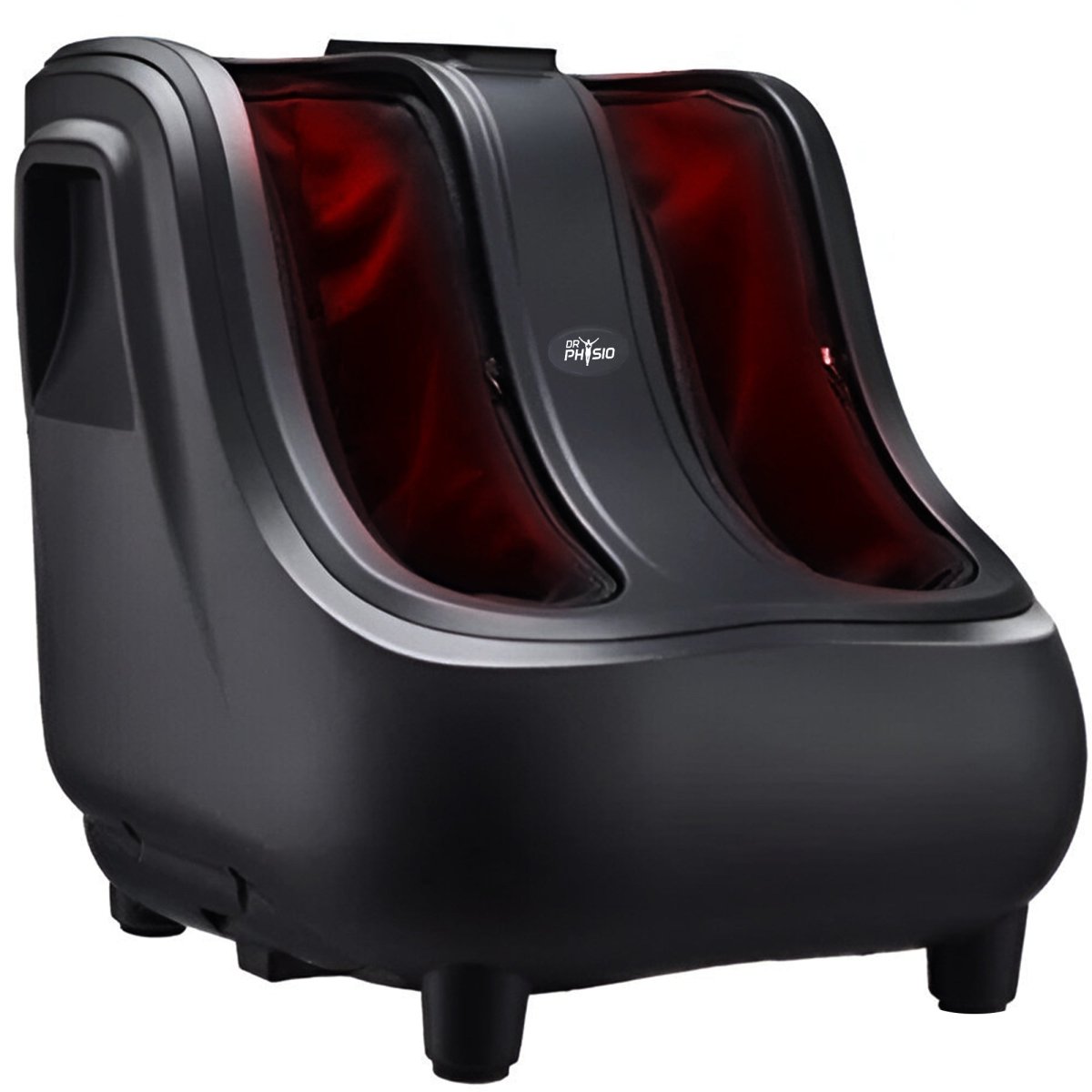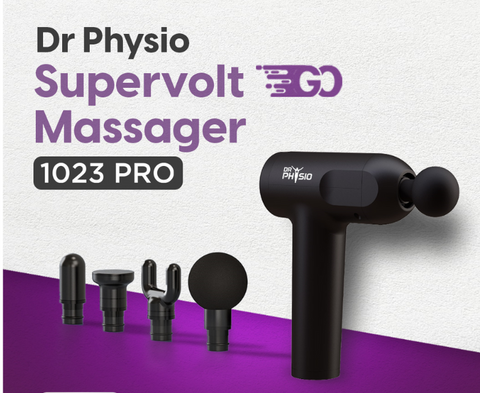Massage works like magic for many who suffer from depression and seasonal affective disorder. It helps reduce tension, alleviate pain, and promote relaxation.
Massage therapy can be helpful in managing symptoms of depression and seasonal affective disorder (SAD). Massage therapy involves the manipulation of soft tissues, such as muscles, tendons, and ligaments, using a variety of techniques. Massage therapy has been found to be effective in reducing symptoms of depression and seasonal affective disorder (SAD).
Depression and Seasonal Affective Disorder (SAD)
Depression is a mental health disorder characterized by persistent feelings of sadness, hopelessness, and loss of interest in activities. SAD is a type of depression that typically occurs during the fall and winter months, when there is less natural sunlight.
Massage Therapy Helps Treating Depression and SAD
Massage can increase levels of the neurotransmitters serotonin and dopamine, which are often depleted in individuals with depression.
Several studies have shown that massage therapy can be an effective treatment for depression and SAD. For example, a 2010 study published in the Journal of Clinical Psychiatry found that massage therapy was effective in reducing symptoms of depression in pregnant women. Another study published in the Journal of Alternative and Complementary Medicine in 2012 found that massage therapy was effective in reducing symptoms of SAD in adults. Massage can increase levels of the neurotransmitters serotonin and dopamine, which are often depleted in individuals with depression. It can help reduce symptoms of SAD by promoting relaxation and reducing stress levels. Additionally, massage therapy can help increase levels of the hormone melatonin, which can help regulate sleep patterns and improve mood. Massage therapy involves the manipulation of soft tissues in the body, such as muscles, tendons, and ligaments. It can help to relieve stress and tension, improve circulation, and promote relaxation.
Massage can help reduce levels of the stress hormone cortisol, which is often elevated in individuals with depression.
Electric Massager: Good Option For Massage Anytime Anywhere
There are many reasons why electric massagers are good choice for enjoying massage therapy.
1. They can be used anywhere, whether at home, in the office, or on the go.
2. They are lightweight and portable, making them a great option for travel or for those who have busy schedules.
3. Electric massagers come in a variety of shapes and sizes, and can be used to target specific areas of the body, such as the neck, back, or feet.
4. They are easy to use.
5. They can also be used to provide different types of massage, such as kneading, rolling, or vibration.
6. Electric massagers are often less expensive than hiring a professional massage therapist, and can be used multiple times without any additional cost.
It is important to note that while massage therapy can be helpful for managing symptoms of depression and SAD, it should not be used as a substitute for medical treatment. If you are experiencing symptoms of depression or SAD, it's important to seek the advice of a mental health professional.
When it comes to buying an electric massager online, Dr Trust is one of the most trusted online platform that you can consider. Its electric massagers range with Dr Physio brand name includes, pillow massagers, rechargeable handheld massagers and more which can help to reduce pain and improve overall well-being.













